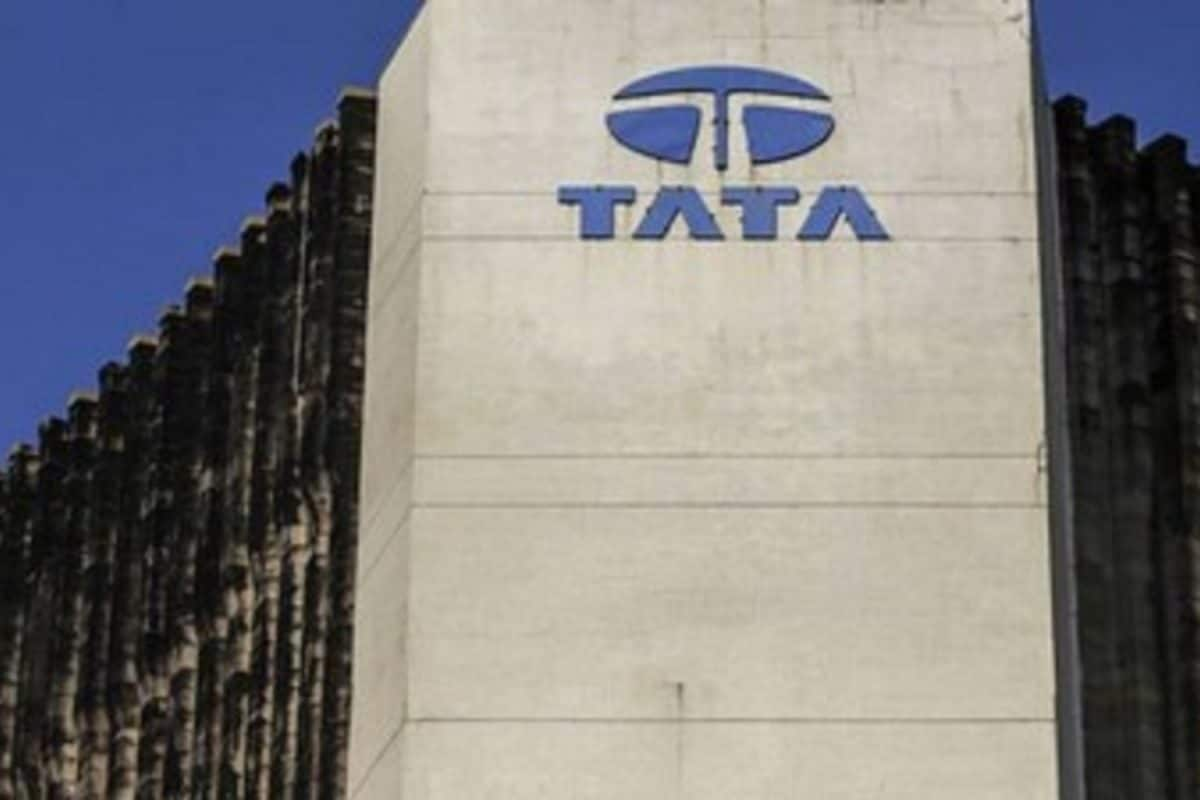

The Tata Group, one of India's largest and most respected conglomerates, is on the cusp of significant leadership changes and a strategic realignment of priorities. These shifts signal a new era for the group, focusing on next-generation growth, financial independence, and sustainability. With key directors retiring and emerging sectors demanding attention, Tata Sons, the holding company, is poised to navigate a dynamic future under the guidance of Chairman N. Chandrasekaran.
Several board changes are anticipated at Tata Sons as directors reach retirement age. Ralf Speth, former CEO of Jaguar Land Rover, is expected to step down, and Leo Puri has already left the board. Ajay Piramal is also expected to retire next year, aligning with Tata Sons' retirement policy. These departures create opportunities for new leadership, with Tata Steel CEO and MD T.V. Narendran emerging as a strong contender for a board seat. These potential changes reflect Tata Sons' ongoing efforts to refresh its leadership and bring in executives with deep operational experience.
Tata Sons is also redefining its financial strategy, emphasizing self-reliance and independent debt management for its various ventures. Newer businesses like Tata Digital, Tata Electronics, and Air India are now responsible for handling their financial obligations without relying on cross-default clauses or comfort letters from the parent company. This shift marks a departure from traditional practices and promotes financial discipline across the conglomerate. The group is streamlining capital allocation for new ventures through equity investments and internal funding mechanisms, with Tata Consultancy Services (TCS) playing a pivotal role in sustaining the group's growth trajectory through its robust dividend payouts.
Tata Sons is making substantial investments in emerging sectors to drive future growth. A significant ₹30,000 crore is being injected into Tata Digital, Tata Electronics, Air India, the defense segment, and battery manufacturing units. These investments, approved by the Tata Sons board, aim to meet operational requirements and enable these businesses to transition to their next phase of expansion. Chairman N. Chandrasekaran is closely monitoring the performance of these emerging businesses, with the goal of making them among the top 5 revenue-generating Tata companies and achieving profitability by FY27.
Tata Digital, a key focus area, is undergoing significant changes to enhance its financial discipline and execution. The planned capital infusion from Tata Sons has been delayed until mid-2025, with the digital arm relying on internal funding and debt financing in the interim. This strategic shift, driven by Tata Digital's CEO, Naveen Tahilyani, emphasizes growth, improved execution, and sustainable profitability. BigBasket, a part of Tata Digital, is eyeing an IPO, reflecting the ambition to unlock value and drive further expansion in the e-commerce space.
Sustainability is also a core priority for the Tata Group, with a firm commitment to achieving net-zero emissions by 2045. This commitment is embodied in "Aalingana," a group-wide approach to environmental sustainability. The group is investing in Nature-Based Solutions (NBS) projects in India and aims to be a leader in the NBS market by 2030. Tata's dedication to sustainability is deeply rooted in its history, with founder Jamsetji Tata emphasizing environmental responsibility.
N. Chandrasekaran, Chairman of Tata Sons, has also highlighted the transformative potential of manufacturing in India. He envisions 2025 as heralding a new manufacturing golden age for the country, driven by shifts in global supply chains and advancements in technology. The Tata Group is committed to creating 5 lakh manufacturing jobs over the next five years and is investing in projects related to critical technologies like batteries, semiconductors, electric vehicles, and solar equipment.
In May 2025, N Chandrasekaran stepped down as Chairman of Tata Chemicals to focus on broader group-level strategies. S. Padmanabhan, an experienced director with extensive institutional knowledge, has been appointed as the new Chairman of Tata Chemicals. This transition ensures continuity and strategic alignment within the larger Tata Group.
The Tata Group is strategically balancing its legacy with the demands of a rapidly evolving business landscape. While the group's strengths, such as its ethical foundation and diversified presence, provide resilience, addressing weaknesses like complex structures and underperforming units is crucial for sharper execution.